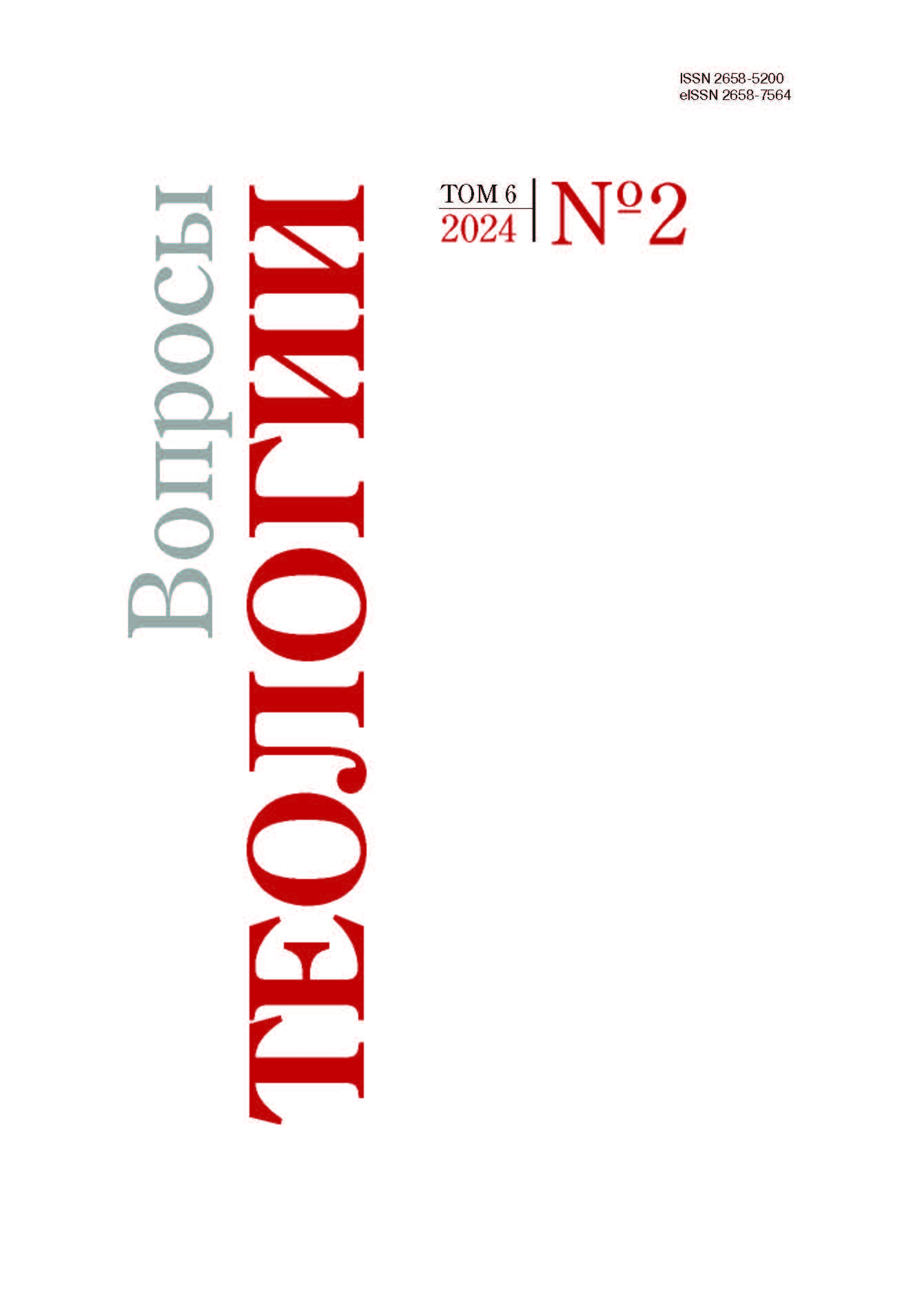The conditions of personal freedom in Karol Wojtyla’s treatise “Person and Act” and their transformation in the social doctrine of the Roman Catholic Church
DOI:
https://doi.org/10.21638/spbu28.2024.206Abstract
The article analyzes the changes in the understanding of the conditions of personal freedom that occurred in the second half of the 20th century in Catholic social anthropology. Researchers of the social teaching of the Catholic Church presented in the Compendium, 2004, note the strong influence of the personalistic ideas of Pope John Paul II on its’ main anthropological positions. The author of the article shows that this thesis cannot be fully attributed to the understanding of personal freedom in the social doctrine of the Roman Catholic Church, where freedom is considered beyond the ontological connection with the self-determination of the personality. The author’s argumenttion is based on a comparison of K. Wojtyla’s teaching about the self-establishment of a free person in society with the conditions for the exercise of personal freedom set out in the Compendium, where freedom, placed on a par with human rights, is determined by external causality. According to a number of signs given in the article, such changes in Catholic anthropology may be associated with the social relativism of the Western Church. The relevance of the topic of the article is due to the direct connection between the freedom of the person and her salvation.
Keywords:
personality, freedom, salvation, John Paul II, Roman Catholic Church, ecumenism
Downloads
References
References
Downloads
Published
Issue
Section
License
Articles of "Issues of Theology" are open access distributed under the terms of the License Agreement with Saint Petersburg State University, which permits to the authors unrestricted distribution and self-archiving free of charge.




